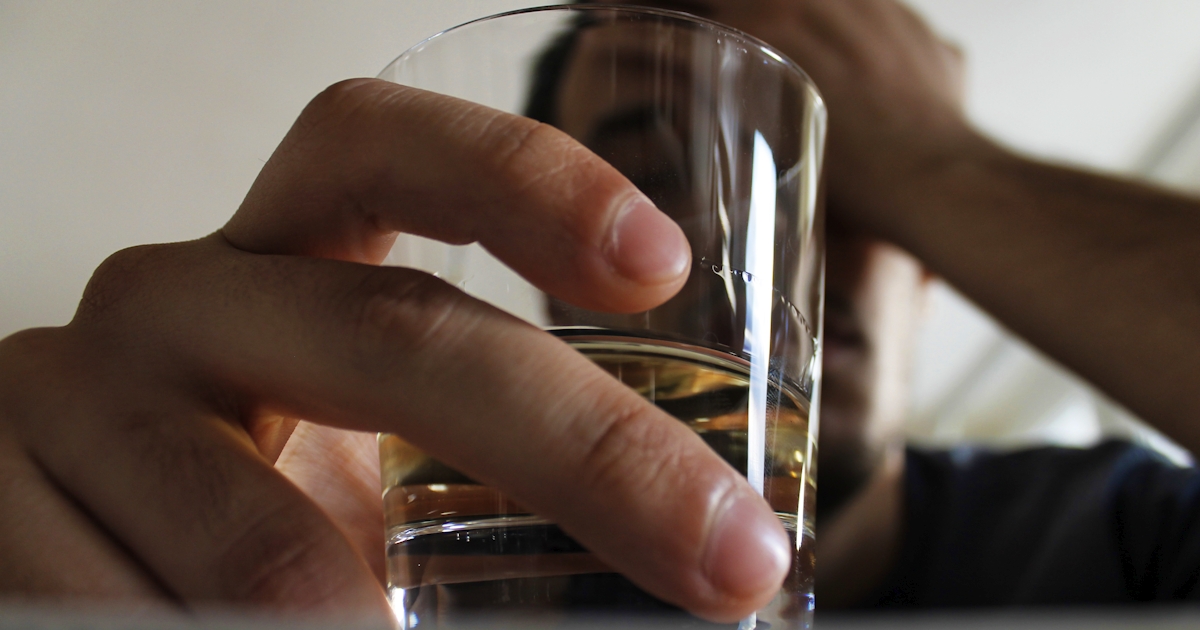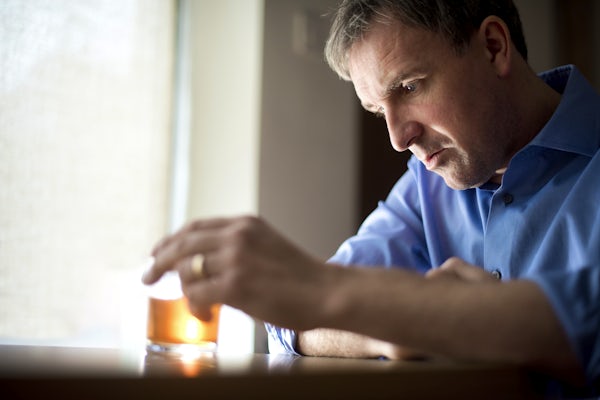
How Does Alcohol Make Chronic Pain Worse?
As this article is being written in the month of "Dry July", we are addressing alcohol consumption and pain. Chronic pain is a persistent issue for many, and alcohol consumption often seems like a quick fix. However, this supposed solution usually worsens the problem. Recent studies have illuminated how alcohol not only fails to relieve chronic pain in the long run but actually makes it worse. Let’s explore why drinking to ease chronic pain is a prescription for double trouble.
Alcohol and Chronic Pain: A Complex Relationship
Many people with chronic pain turn to alcohol to self-medicate, hoping to dull the sharp edges of their discomfort. Initially, it might seem like alcohol helps. However, over time, this coping mechanism can lead to a vicious cycle: alcohol temporarily masks the pain, but it ultimately increases sensitivity to pain, leading to more drinking.
This cycle is prevalent among individuals with alcohol use disorder (AUD). In 2022, more than one in four (26.8% or 5.2 million) adults in Australia aged 18 and over exceeded the guidelines for harmful levels of alcohol consumption. This includes those who either consumed more than 10 drinks in the last week or consumed 5 or more drinks on any day at least monthly in the last 12 months.

How Alcohol Exacerbates Pain
1. Disrupts Sleep: Alcohol interferes with your circadian rhythm and inhibits REM sleep, leading to less restful and interrupted sleep. Poor sleep quality impairs your body’s ability to repair and heal, which can increase pain levels.
2. Increases Pain Sensitivity: Withdrawal from regular alcohol use heightens pain sensitivity, driving many to drink more to avoid withdrawal-related pain increases.
3. Causes Nerve Damage: Long-term alcohol use can cause painful nerve damage known as alcoholic neuropathy, the most common neurological complication of alcohol use disorder.
The Science Behind Alcohol-Related Pain
Recent research from Scripps Research has uncovered specific pathways through which alcohol and its withdrawal lead to increased pain and hypersensitivity. In studies with mice, researchers found that both alcohol intake and withdrawal activate immune cells in the spinal cord, but through different mechanisms.
The study compared three groups of mice: those dependent on alcohol, those with moderate but non-dependent alcohol consumption, and those never exposed to alcohol. During withdrawal, the alcohol-dependent mice developed allodynia (where nonpainful stimuli cause pain), but this was reversed when they consumed alcohol again. Interestingly, about half of the non-dependent mice also showed increased pain sensitivity during withdrawal, though their pain was not reversed by re-exposure to alcohol.

Why Alcohol is a Poor Pain Management Strategy
Alcohol’s interference with sleep, its role in increasing pain sensitivity during withdrawal, and its potential to cause nerve damage all contribute to a worsening pain cycle. Research shows that alcohol dependence is not required to worsen pain outcomes, and even moderate drinking can lead to pain pathology.
Managing Chronic Pain Without Alcohol
While chronic pain should always be evaluated by a medical professional, there are many non-alcohol-related treatments available:
Remedial Therapies, Chiropractic Care, and Acupuncture: These methods can help manage and reduce chronic pain through physical adjustments and interventions.
Mindfulness Practices: Techniques like meditation can help you observe pain sensations and their associated thoughts and emotions. This mindfulness can reduce stress and suffering related to chronic pain, calming the nervous system and decreasing pain perceptions.
Psychotherapy: Addressing the mental and emotional aspects of chronic pain can be extremely beneficial. Therapy can help manage depression, anxiety, and other emotions that exacerbate pain.
Alcohol may seem like a quick fix for chronic pain, but it ultimately exacerbates the problem. Understanding the complex relationship between alcohol and pain can help you make more informed decisions about managing your pain. Consider exploring non-alcohol-related treatments and therapies to break the cycle and achieve better health and well-being.
For those struggling with chronic pain, it’s crucial to seek guidance from healthcare professionals to develop a comprehensive pain management plan. Reducing or eliminating alcohol intake can be a vital step toward managing pain effectively and improving overall quality of life.
This article is intended to be general information. For specific information related to your health situation, please consult a trusted health care professional.
Resources:
National Alcohol and Drug Foundation
Article References:


